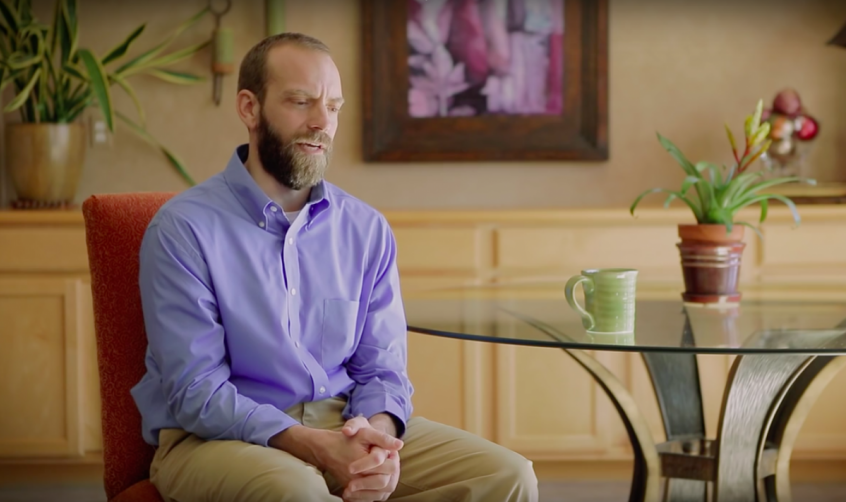
A Christian American T-shirt designer has won a significant victory in a case about the freedom of Americans to run a business according to their beliefs.
A Kentucky appeals court has ruled that a Lexington printer can decline orders where he would be promoting a message in conflict with his religious beliefs.
The case has been running for more than five years.
In 2012, Adamson declined to print shirts with a message promoting the Lexington Pride Festival, an event hosted by the Gay and Lesbian Services Organization.
He found another printer for the organisation, which eventually delivered their T-shirts for free, but still filed a complaint about Adamson's refusal.
In 2014, Lexington-Fayette Urban County Human Rights Commission ruled that Blaine Adamson of Hands On Originals must print messages even if they conflict with his faith when customers ask him to do so.
Alliance Defending Freedom attorneys appealed to the Fayette Circuit Court, which reversed the ruling.
The commission then appealed that decision to the Court of Appeals, and lost.
ADF Senior Counsel Jim Campbell said: 'Americans should always have the freedom to believe, the freedom to express those beliefs, and the freedom to not express ideas that would violate their conscience.'
He said the decision was a victory for printers and other creative professionals who serve all people but cannot promote all messages.
'It is also a victory for all Americans because it reassures us all that, no matter what you believe, the law can't force you to express a message in conflict with your deepest convictions.'
The appeals court opinion written by Chief Judge Joy A. Kramer found that Adamson did not engage in unlawful discrimination.
She explained that no evidence demonstrates that Hands On Originals 'refused any individual the full and equal enjoyment of the goods, services, facilities, privileges, advantages, and accommodations it offered to everyone else because the individual in question had a specific sexual orientation or gender identity'.
In fact, Adamson regularly does business with and employs people who identify as LGBT.
The concurring opinion by Judge Debra Hembree Lambert says that Hands On Originals is protected by Kentucky's Religious Freedom Restoration Statute, and that Adamson has the right under that law to operate his business consistently with his 'sincerely held religious beliefs'.
Adamson, in a video about his case, says: 'There came a point where I was so broken, I just went home and laid in bed with the lights out.'
He says that because he believed himself to be accountable to God for what appeared on the T-shirts, he could not print anything he in conscience disagreed with. 'It speaks a message the second it goes off the press. I'm accountable, first to God, that what goes off the press, we promote.'













